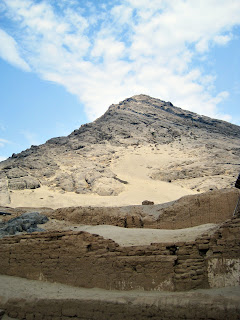In spite of the many accounts of historians and biographers, there is no chain of choices and explanations for a particular man's rise to power, or his technological invention, or scientific discovery, or work of art. Great men act according to obligation: the mysterious obligation of a lineage, both genetic, historical and divine.
Verily, greatness is a destiny thrust upon men by gods and it will more often destroy men than make them memorable. For divine destiny is more often a fatal, life-shortening curse, than a gift. For the few who have their achievements remembered, there are multitudes of similarly disposed talents who through some sort of bad luck died early—struck down by angrier gods—or succeeded but were not acknowledged (e.g. Wallace who theorized about evolution contemporaneously with Darwin; or Tesla and Edison; the list of painters and writers is a longer one; the list of warriors and hunters still longer).
But in this, the Epoch of Middle-Class Equality, of scholarship and domestication, greatness is peddled as achievable by all. Universities teach men and women to be creative in the arts (MFAs) and in business (MBAs). Self-help books abound. Middle class men call themselves alpha men, and women proclaim themselves the equals of men. Drugs and surgeries improve their bodies and computers provide assistance and reminders.
The divinity inherent in greatness, its wellspring in mystery, its terrifying irrationality, is subsequently repudiated through the reasoning of lesser men, through their scholarship and history telling. Greatness, they argue, can be reduced to charts and 10 step programs. The great man of history appears as someone who was manufactured and that other men can replicate.
In the historical post-mortem of the great man the scholar makes no acknowledgement of the terrifying and irrational and the great man's courage before it, his lack of hesitation, his grace, his inability to see any choice, or probability of success. For in greatness there is no calculation, there is no cost-benefit analysis, no weighing of alternatives for and against. Greatness is the push beyond measure, a man alone obligated to trespass upon divine lands.






